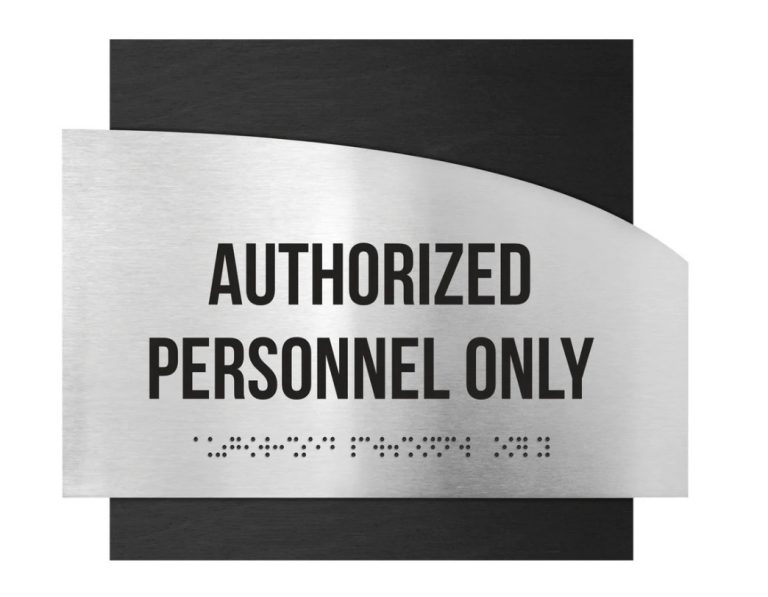Navigating a workspace seamlessly is essential for both employees and visitors alike. In the realm of effective office management, the significance of specific door signage cannot be overstated. These signs are not mere markers; they are strategic tools that contribute to the overall efficiency, professionalism, and clarity within a workspace.
From identifying meeting rooms to delineating specific departments, the right door signage ensures a smooth flow of operations. In this exploration of “Specific Door Signage You Need in Your Workspace,” we delve into the pivotal role these signs play and highlight their diverse applications for a well-organized and functional office environment.
Listing the Types of Important Information Signs
Door plates serve a dual purpose, not only providing information about the spaces within a building but also delineating the allowed and prohibited activities. Within the realm of information signs, distinct classifications aid in clear communication.
- Employees only signs: Signs indicating “Employees Only” serve as a cautionary measure, indicating areas restricted to visitors.
- Fire extinguisher signs: In emergencies, the importance of fire extinguishers is highlighted through specialized signs, guiding individuals to their locations.
- Prohibitory signs: Prohibitory signs, on the other hand, convey explicit instructions regarding restricted activities such as smoking, littering, and pet grooming.
- Recycling signs: They play a crucial role in waste management, directing individuals to bins designated for recyclable materials.
- Janitor signs: Additionally, janitor signs serve a practical function by guiding individuals to essential spaces like janitor’s rooms or storerooms.
Each category of these door plates contributes to creating an environment that is not only well-informed but also promotes safety, cleanliness, and efficient use of space. Understanding and implementing these diverse types of door plates can significantly enhance the functionality and user experience within a building, fostering a more organized and secure environment for both occupants and visitors.
Key Features of Effective “Employees Only” Signs
- Design Consistency: Consistency in design, including font, color scheme, and symbols, enhances the professional appearance of the office and makes navigation more intuitive.
- Proper Placement: Place signs at key decision points, such as entrances, intersections, and elevator lobbies, to guide individuals seamlessly through the space.
- Durable and Aesthetically Appealing Materials: Opting for materials that withstand environmental factors ensures that the signs remain effective over an extended period.
- Braille Fonts: Prioritize inclusivity by incorporating Braille and other accessibility features in directional signs.
- Proper Care: Promptly replace or update signs as needed to address changes in the office layout or to maintain the clarity of information.


0 Comments